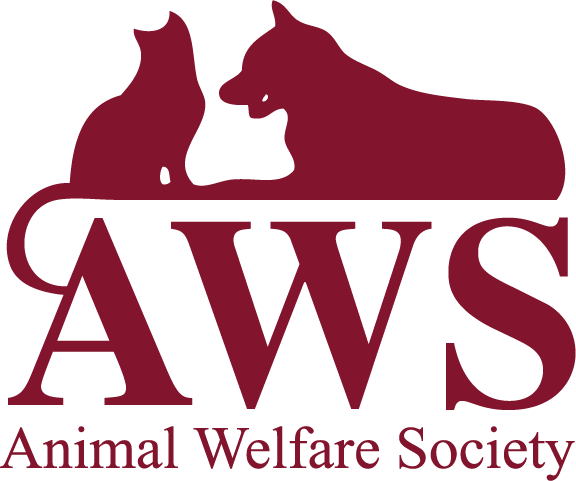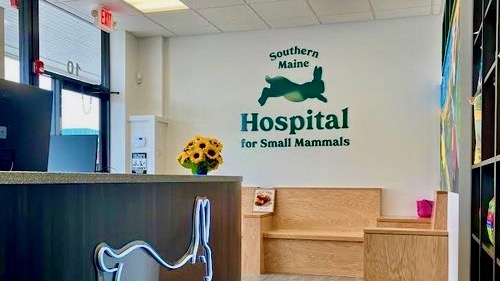Pets are more than just animals; they’re important members of our families! September is National Preparedness Month, sponsored annually by FEMA. You can learn more about their efforts and read their preparedness suggestions at ready.gov. In the meantime, we’ve put together some resources to include your pets in your family’s disaster and emergency plans so everyone can be prepared for the unexpected.
A BUDDY
During an emergency, having a close neighbor, friend, or relative ready to help care for or evacuate your pet should you be unavailable to do so is invaluable. Make sure this backup caretaker for your pet is familiar and comfortable with the animal (and vice-versa), and that they are aware of your pet’s feeding schedule, medications, behaviors, and habits. Moreover, you should also have a pre-made an emergency kit (a backpack works great!) for your pet to leave with this caretaker. The kit should include all necessary items your pet may need.
A BACKPACK
Just like you would for yourself and your family, it’s important to have an emergency evacuation kit packed (a backpack works great!) in case a disaster causes you to need to leave suddenly. Having necessary items that you can grab and either take with you or give to a friend who is caring for your pet will ensure that nothing falls through the cracks should the unexpected happen. We’ve prepared a helpful infograph and checklist for you with necessary items to include in your pack!

Necessary items for your pet’s emergency backpack:
- Food & Water
- Medications and Prescriptions
- A Crate or Carrying Case
- Copies of Vaccination & Veterinary Records *
- Animal First-Aid Kit
- Backup Leashes & Collars w/ ID Tags
- Recent Photo(s) of Your Pet
- Grooming Supplies (brushes, nail trimmers, wipes, etc.)
- Familiar Toys, Treats, Bedding, & Other Items
- Food & Water Bowls
- Poop Bags, Cat Litter, Shavings, Puppy Pads, etc.
- Your Contact & Veterinary Information
* Keeping your pet healthy and up to date on their vaccinations could help prepare you for a disaster. Many pet-friendly accommodations, shelters, and even neighbors or family members want to know that an animal is healthy before they take it in. Keep records and documents up to date and handy in case you need to grab them during an evacuation.



